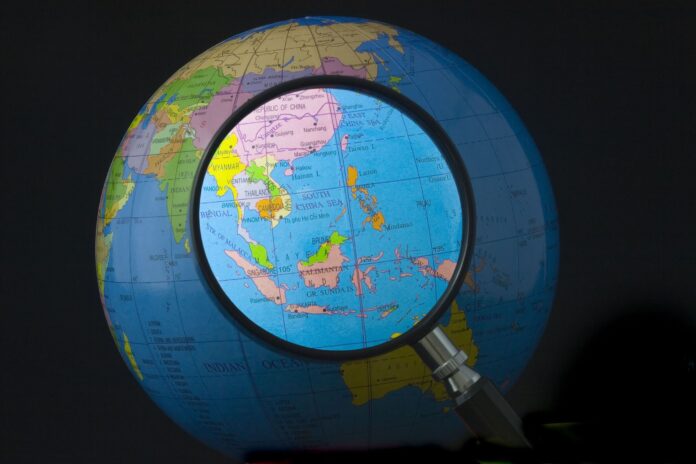The installed base of smart electricity meters in Asia’s four main markets will reach almost 966 million in 2024, up from 613.4 million last year, according to a new a research report from Sweden-based IoT analyst firm Berg Insight.
The study revealed that the installed base of smart electricity meters in China, India, Japan and South Korea will grow at a compound annual growth rate (CAGR) of 7.9% during the period.
Over the next six years, smart meter penetration among electricity customers in these Asian countries is projected to increase from around 67% in 2018 to 94% by the end of 2024.
Taking into account these figures, the European research firm expects these markets will surpass 1 billion installed smart electricity meters and reach a penetration close to 100% in 2025. “With China now fully deployed and with the nationwide rollouts in Japan and South Korea well on their way, India is now entering the center stage with some massive installations expected within the coming five years”, said Levi Ostling, IoT analyst at Berg Insight. “
Berg said that the Indian market is starting to see an increasing adoption of smart electricity meters after a few years of pilot projects. These large-scale smart metering projects are mainly driven by the India’s government target to reach nationwide coverage with this type of smart meters.
“With the recent re-election of Prime Minister Modi, deployments are anticipated to pick up pace in 2020 after a slow start in 2019.”
A major driver of the increase in deployments in India is the entrance of the state-owned energy services company EESL, which so far has procured 10 million smart meters to be deployed for utilities across India, which can be compared to the total installed base of less than 1.5 million meters in the country at the end of 2018.
Berg Insight had recently reported that global shipments of NB-IoT devices reached 53 million units in last year.
The research firm forecasts that annual shipments are expected to almost triple in 2019 reaching 142 million units. Commercial deployments are essentially confined to China, where the semiconductor companies HiSilicon and MediaTek account for a large part of the NB-IoT modem volume. “NB-IoT device shipments will ramp up quickly on the European and North American market in the next 18 months”, said Fredrik Stalbrand, Senior Analyst, Berg Insight. “While early deployments have so far been focused on traditional verticals such as smart metering, we expect to see NB-IoT being integrated into a broader set of products in 2019–2020, including home appliances, door locks and smoke detectors”.
Berg Insight highlighted that the major North American carriers were late adopters of the NB-IoT but are now adding or trialling the technology in their networks as a complement to LTE-M. T-Mobile was the first to launch an NB-IoT service in 2018 and was followed by Verizon and AT&T in the first half of 2019.
In Europe, the leading carriers are making good progress in their efforts to expand NB-IoT coverage. UK-based telco Vodafone has been among the leaders in the development of NB-IoT and will roll out commercial services across all its networks until 2020, Berg Insight said. At the end of last year, the operator had live NB-IoT services in eleven countries, including Germany, Italy, UK, Spain and the Netherlands. Deutsche Telekom launched in Germany and the Netherlands in mid-2017 and offered coverage in five additional countries at the end of 2018. Telefónica had also launched its first NB-IoT networks in Spain and Germany.

